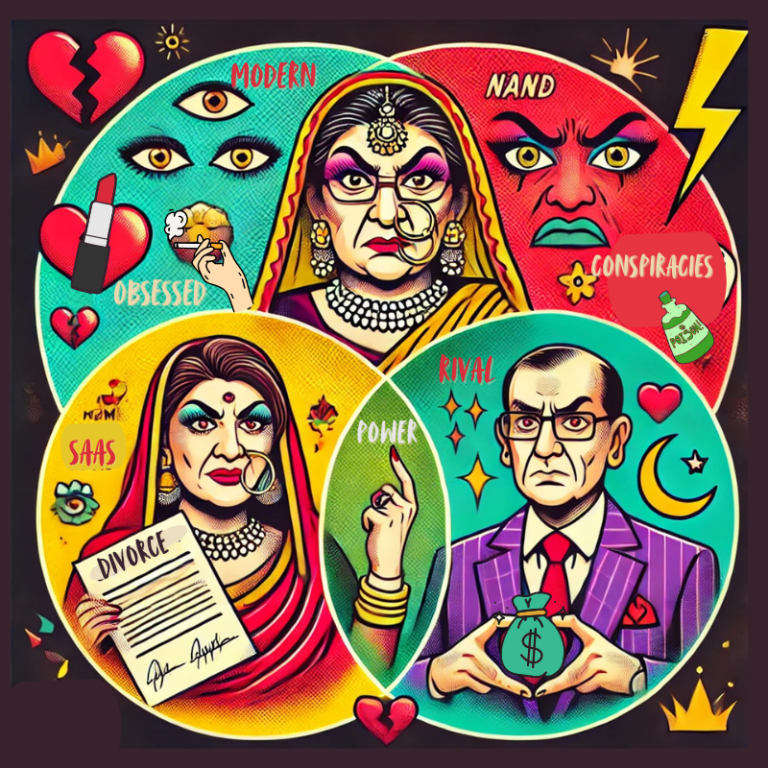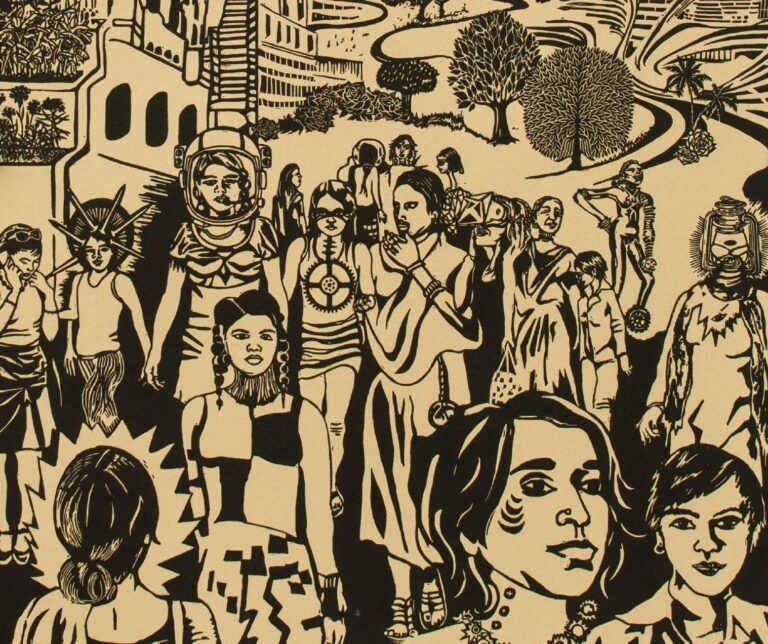On January 27, 2025, amendments to the Prevention of Electronic Crimes Act (PECA) were approved by Senate Standing Committee on Interior.
Why should this matter to you?
Because these changes threaten the way we get our news. If passed, they give the government the power to control what information we see online and punish anyone sharing what they consider “fake news.” For journalists, that means even more censorship and pressure to toe the line, and for regular folks it means getting less of the real story. In a world where social media and the internet are our go-to sources for breaking news, this law could limit access to information and turn digital platforms into tools for spreading only the government-approved narrative.
The government has insisted that the law aims to curb the misuse of social media and ensure responsible digital activity. Minister for Information and Broadcasting Attaullah Tarar accused social media actors of spreading economic uncertainty and creating chaos.
So, What’s the Deal with PECA?
Introduced in 2016, PECA was meant to deal with cybercrime. But over time it has expanded, giving the state more and more power to monitor, regulate, and censor online content. The latest amendments make things even worse.
Human rights groups like Amnesty International have been vocal, urging the government to withdraw the bill and actually consult with citizens, journalists, and experts. Because right now, it feels like a law designed to protect the government, not its people.
The New Amendments: What’s Worse?
The amendments in the 2025 PECA Bill bring alarming changes. The new Section 26(A) proposes harsh penalties for “fake news” spread online. If found guilty of sharing what’s considered “false” information, you could face up to three years in prison and a fine of Rs 2 million. But the catch? The term “false information” is so vague that it could mean anything.
Add to this the creation of the Social Media Protection and Regulatory Authority, which could block and censor content at will, with little to no accountability. In effect, the government would have free rein to regulate what you see and hear online, and force social media platforms to comply within hours.
Is This the End of Free Speech?
We’re already seeing how the government is using laws to target free speech. From banning platforms like X (formerly Twitter) to shutting down the internet during protests, the space for independent thought is shrinking.
Shahzad Ahmad from Bytes for All says it best: “Internet governance is supposed to be a multistakeholder process, but Pakistan’s government continues to introduce restrictive laws without consulting civil society, journalists, or technology experts.” These measures aren’t just restricting the internet—they’re criminalizing dissent.
The consequences? Journalists and activists face harassment, censorship, and even abduction. PECA is now part of a broader crackdown on freedom, leaving fewer places for us to express ourselves or speak out against injustice.
Enter the Digital Nation Pakistan Bill
Just when you thought things couldn’t get worse, the Digital Nation Pakistan Bill of 2024 comes into play. The bill would centralize all of your personal digital data, making it easier for the government to track and control every part of your digital identity. While officials claim it’s for “efficiency,” many fear it could lead to mass surveillance and the misuse of citizens’ data.
Even more disturbing: restrictions on streaming parliament sessions and reporting on banned organizations could make transparency a thing of the past.
Journalists Are Fighting Back
The press isn’t staying silent. Journalists across Pakistan are speaking out against these laws. When the amendments were first introduced, journalists staged a walkout in protest, and similar demonstrations erupted outside the Karachi Press Club. Speaking to Dawn senior journalist Mazhar Abbas summed it up: “This is not a matter of fake news; this is a matter of reporting the news. Those who want to provide the news are picked up. Those who give the news are forcibly disappeared.”
So, What’s Next?
Pakistan’s digital future is at a crossroads. These laws, if passed without change, could reshape how we communicate, organize, and express ourselves online. Journalists, activists, and everyday citizens like you could be forced into a corner where speaking your mind feels too risky.





 After many unfor
After many unfor


 Watch our full
Watch our full 





